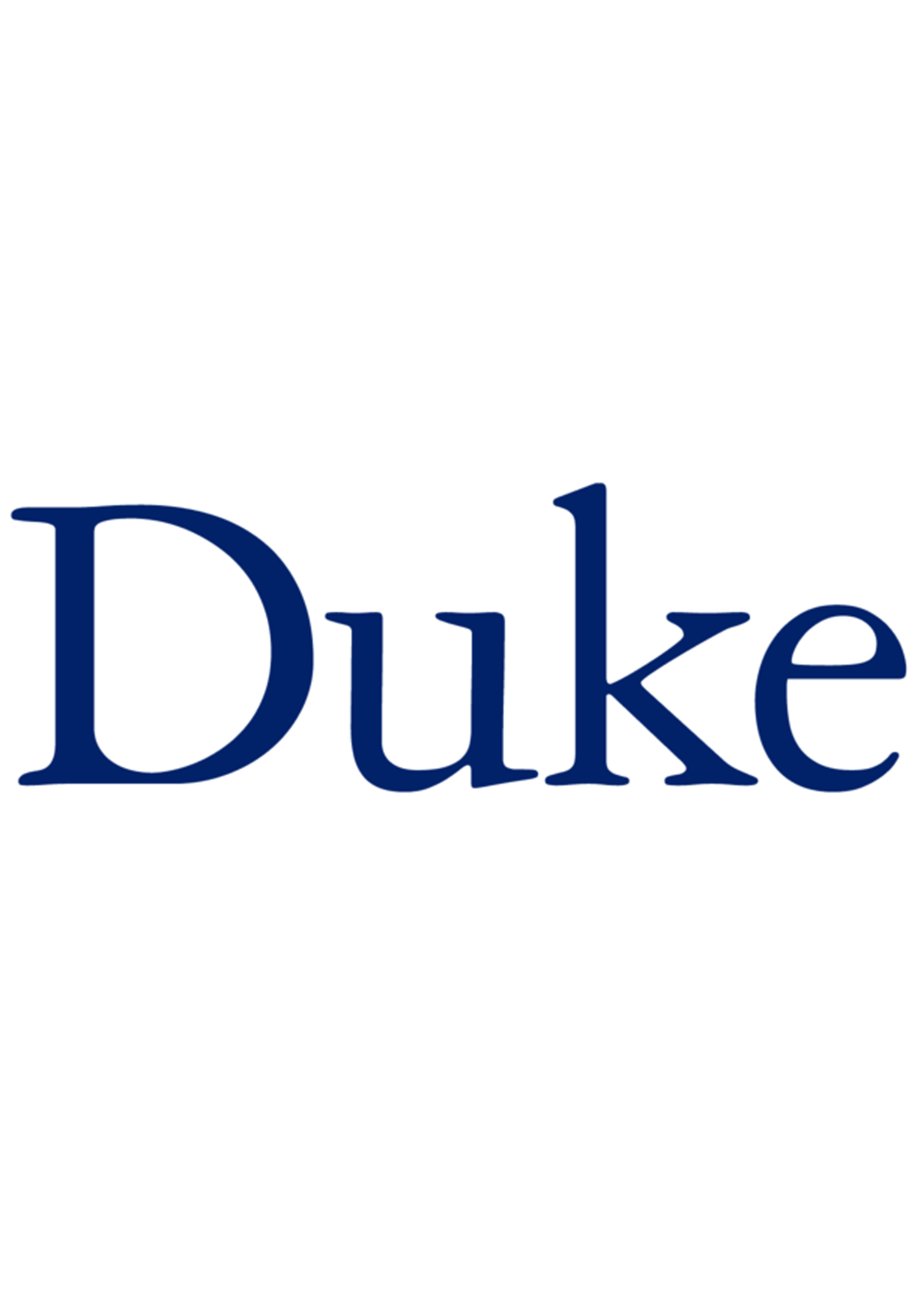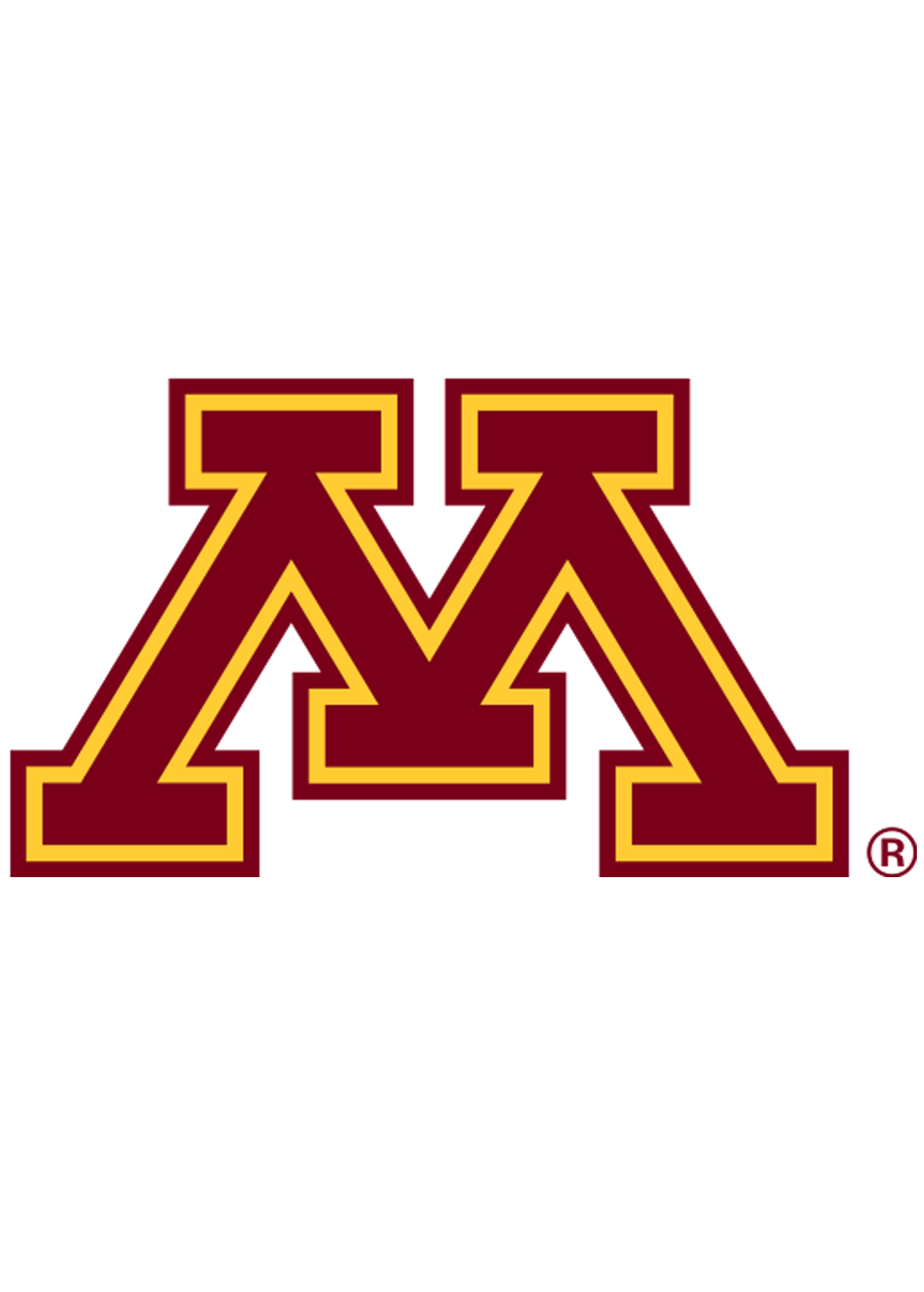A master’s in health informatics program prepares students for careers in health-related technologies, including clinical, technical, and administrative services in government health agencies, global health organizations, research, and medical centers.
Graduates can become medical and health services managers, earning an average annual salary of $104,830. Board-certified or board-eligible physicians need a master’s in health informatics to move to the executive position of chief medical information officer (CMIO). The annual salary of a CMIO ranges from $274,920 to $630,750.
A master’s in health informatics can take 18 to 24 months to complete, with 36 to 55 required credits, depending on the program. In 2022, the national average annual cost to complete a master’s in health informatics across all institutions was $20,513.
Why Trust Us
The Intelligent.com Higher Education Team is dedicated to providing students with independent, equitable school and program rankings and well-researched resources. Our expert-driven articles cover topics related to online colleges and programs, paying for school, and career outlooks. We use data from the U.S. Department of Education’s College Scorecard, the National Center for Education Statistics, and other reputable educational and professional organizations. Our academic advisory team reviews content and verifies accuracy throughout the year for the most current information. Partnerships do not influence rankings or editorial decisions.
- Analyzed over 2,000 national, accredited, and nonprofit colleges and universities
- 800+ rankings pages are reviewed and updated yearly
- Content is informed by reputable sources, surveys, and interviews with academic advisors and other experts
- Over 100 data points are reviewed for accuracy and quality throughout the year, including sources
How we rank schools
Our list features the best Master’s in Health Informatics degree programs at top colleges nationwide. Each school featured is a nonprofit, accredited institution — either public or private — with a high standard of academic quality for post-secondary institutions.
We evaluated each school’s program on tuition costs, admission, retention and graduation rates, faculty, reputation, and the student resources provided for online students. We collected data from trusted sources like the National Center for Education Statistics, individual school and program websites, school admissions counselors, and other data sources. Then, we calculated the Intelligent Score on a scale of 0 to 100 based on the following criterion:
Academic Quality:
- Admission rate versus enrollment rate
- Retention rate of students who return after year one
- Accreditation status (regional and programmatic)
- Nonprofit status, both private and public institutions
Graduation Rate
- Overall graduation rate
- Total number of currently enrolled students, including diversity metrics
- Student-to-faculty ratio
Cost and ROI
- In-state and out-of-state per-credit tuition rates and fees
- Required credits to graduate
- Earning potential after graduation
- Availability of federal student loans, scholarships, and other financial aid options
Student Resources
- Available student services for online-only and hybrid programs
- On-campus amenities like tutoring centers and the number of libraries
Read more about our ranking methodology.
Best 25 Accredited Master’s in Health Informatics Degree Programs
FiltersInstitution Type
Status
- Intelligent Score
- Alphabetically By University Name
- Acceptance Rate
- Enrollment
- In-state Graduate Tuition
- Out-of-state Graduate Tuition
- In-state Undergraduate Tuition
- Out-of-state Undergraduate Tuition

Stanford Medicine
Intelligent Score: 99.53In-state: $55,473
Out-of-state: $55,473
In-state: $54,315
Out-of-state: $54,315
SAT: 1420-1570
ACT: 31-35
$1,452
On-Campus
Western Association of Schools and Colleges Senior College and University Commission
46

The University of North Carolina at Chapel Hill
Intelligent Score: 99.4In-state: $7,019
Out-of-state: $34,198
In-state: $10,552
Out-of-state: $10,552
SAT: 1280-1490
ACT: 28-33
Resident: $586
Non-Resident: $1,602
On-Campus, Online
Southern Association of Colleges and Schools Commission on Colleges
35

Regis University
Intelligent Score: 98.92In-state: $38,208
Out-of-state: $38,208
In-state: $14,322
Out-of-state: $14,322
SAT: 1000-1220
ACT: 21-28
$896
On-Campus, Online
Higher Learning Commission
36

Duke University
Intelligent Score: 98.91In-state: $55,880
Out-of-state: $55,880
In-state: $57,900
Out-of-state: $57,900
SAT: 1470-1570
ACT: 34-35
$2,075
On-Campus
Commission on Collegiate Nursing Education
38

Johns Hopkins University
Intelligent Score: 98.46In-state: $54,160
Out-of-state: $54,160
In-state: $57,010
Out-of-state: $57,010
SAT: 1470-1560
ACT: 34-36
$2,095
On-Campus, Online
Middle States Commission on Higher Education
60

Columbia University
Intelligent Score: 98.38In-state: $57,864
Out-of-state: $57,864
In-state: $49,024
Out-of-state: $49,024
SAT: 1460-1570
ACT: 33-35
$2,102
On-Campus
Middle States Commission on Higher Education
30

Stony Brook Medicine
Intelligent Score: 96.77In-state: $7,070
Out-of-state: $24,740
In-state: $11,310
Out-of-state: $11,310
SAT: 1230-1440
ACT: 26-32
Resident: $471
Non-Resident: $1,020
Online, Hybrid
Middle States Commission on Higher Education
48

University of Kansas Medical Center
Intelligent Score: 96.51In-state: $10,092
Out-of-state: $26,960
In-state: $9,989
Out-of-state: $9,989
SAT: 1070-1320
ACT: 22-29
In-State: $442
Out-of-State: $1,039
Hybrid
Commission on Accreditation for Health Informatics and Information Management Education
35

Boston University
Intelligent Score: 92.30In-state: $56,854
Out-of-state: $56,854
In-state: $56,854
Out-of-state: $56,854
SAT: 1310-1500
ACT: 30-34
$550 - $975
On-Campus, Online
Commission on Accreditation for Health Informatics and Information Management Education
32

Harvard University
Intelligent Score: 91.60In-state: $49,653
Out-of-state: $49,653
In-state: $49,448
Out-of-state: $49,448
SAT: 1460-1580
ACT: 33-35
$1,830
On-Campus
New England Commission of Higher Education
32

University of Iowa
Intelligent Score: 91.11In-state: $8,073
Out-of-state: $30,036
In-state: $10,079
Out-of-state: $10,079
SAT: 1110-1310
ACT: 22-29
$626
On-Campus
Higher Learning Commission
31

The University of North Carolina at Charlotte | UNC Charlotte
Intelligent Score: 91.07In-state: $7,019
Out-of-state: $34,198
In-state: $10,552
Out-of-state: $10,552
SAT: 1280-1490
ACT: 28-33
Resident: $428
Non-Resident: $1,237
On-Campus
Southern Association of Colleges and Schools Commission on Colleges
36

University of Minnesota - Twin Cities
Intelligent Score: 90.33In-state: $13,318
Out-of-state: $31,616
In-state: $17,580
Out-of-state: $17,580
SAT: 1240-1460
ACT: 25-31
Resident: $1,593
Non-Resident: $2,465
On-Campus
Commission on Accreditation for Health Informatics and Information Management Education
31

Marshall University
Intelligent Score: 89.13In-state: $7,190
Out-of-state: $18,044
In-state: $7,506
Out-of-state: $7,506
SAT: 940-1145
ACT: 19-25
Resident: $428
Non-Resident: $1,143
On-Campus
Commission on Accreditation for Health Informatics and Information Management Education
33

University of Utah
Intelligent Score: 88.49In-state: $7,412
Out-of-state: $26,017
In-state: $6,666
Out-of-state: $6,666
SAT: 1130-1350
ACT: 22-29
Resident: $3,826
Non-Resident: $7,185
On-Campus
Northwest Commission on Colleges and Universities
30

Northeastern University
Intelligent Score: 87.79In-state: $54,360
Out-of-state: $54,360
In-state: $25,264
Out-of-state: $25,264
SAT: 1410-1540
ACT: 33-35
$1,400
On-Campus, Online
New England Commission of Higher Education
33

The University of Alabama at Birmingham
Intelligent Score: 86.93In-state: $10,780
Out-of-state: $30,250
In-state: $10,780
Out-of-state: $10,780
SAT: 1070-1330
ACT: 23-31
$656
Hybrid
Southern Association of Colleges and Schools Commission on Colleges
45

East Carolina University
Intelligent Score: 84.81In-state: $4,452
Out-of-state: $20,729
In-state: $4,749
Out-of-state: $4,749
SAT: 1020-1170
ACT: 19-24
Resident: $263
Non-Resident: $994
On-Campus
Commission on Accreditation for Health Informatics and Information Management Education
39
How to Choose a Health Informatics Degree Program
Choose your area of study
As you begin researching a master’s in health informatics degree program, consider your career and personal goals, as these will influence your program choice. A bachelor’s degree in a related field is a prerequisite for all master’s of health informatics degree programs. Fields of study with related course material include health sciences and medicine, medical administration, computer sciences, and STEM programs, including biomechanics and engineering.
Students can focus their studies on administration, research, and entrepreneurial pursuits. They can attain a Master of Science in digital health informatics, a Master of Science in health informatics, or a similar designation.
Research schools and programs
As you consider your options, focus on accredited institutions and programs. Accrediting bodies vet a program’s curriculum and education to determine its quality and validity — it also helps students secure financial aid and transfer credits between other accredited institutions. For example, most regionally accredited schools only accept transfer credits from other regionally accredited schools.
Contact the program representative or admissions counselor to review transfer credit opportunities and learn more about the program’s specifics, including course selection, internship support, and post-graduate opportunities.
To better understand the institution, you can visit the school in person, attend an in-person or virtual open house or information session, and meet the faculty and alumni.
Prepare for tests and applications
The admissions process varies by school and program. Applicants for a master’s in health informatics must have a bachelor’s degree from an accredited institution and provide official transcripts, a personal essay, a resume, and letters of recommendation. The personal essay should detail how this program helps you achieve your career goals and why you’d be a good candidate.
Contact the admissions counselor or program administrator to ensure you meet application requirements and deadlines.
Select your program
As you refine your choices, review your personal and career goals again — this is especially important if you are accepted to more than one program. This decision can determine the trajectory of your career and impact your success.
To maximize your chances of success, consider additional factors like lifestyle and available time. Research options such as in-person or online learning, full-time or part-time attendance, and synchronous or asynchronous study.
Determine how you’ll pay for your degree
Applicants to any program should complete the Free Application for Federal Student Assistance (FAFSA). Schools use the information to determine need-based funding eligibility.
Many master’s in health informatics degree programs offer eligible students merit and need-based scholarships, grants, and fellowships. Inquire with each potential institution about your funding options.
You can also inquire whether your current employer provides tuition assistance, grants, or scholarships. Employer tuition programs are often performance-based and require a post-graduation work-term commitment.
What Can You Expect From a Master’s in Health Informatics Degree Program?
A master’s degree in health informatics prepares students for diverse career options, including healthcare administration and management, health information technology, clinical IT leadership, research, and academia.
Graduates can manage digital healthcare data and patient records, analyze, evaluate, and research healthcare-related data, oversee research, and consult for healthcare technology developments and start-ups. Undergraduates with computer science, medical, and STEM backgrounds add a master’s in health informatics degree to create technology-based solutions in domestic and global healthcare paradigms.
Completing the requisite 36 to 52 credits for a master’s in health information degree takes between 18 and 24 months. During your studies, you can expect at least one internship and one capstone project or master’s thesis.
Potential courses you’ll take in a master’s in health informatics degree program
- Introduction to Health Informatics. Students receive a general introduction to the concepts and methods of health informatics. They learn about new opportunities and emerging trends, commercial vendors and major applications, and healthcare information system design, analysis, implementation, and evaluation.
- Evaluation and Research Methods for Health Informatics and Learning Systems. Students learn the empirical methods applicable to health informatics, learning systems, and evaluation and research studies. By analyzing published studies, population health, personal health, and applications of information technology applied to health care, students learn new research and evaluation methods with a heavy emphasis on measurement.
- Designing Consumer-Health Technologies. This course teaches methods and processes involved in designing consumer health technologies stemming from human behavior and behavior change theories, including self-monitoring and goal setting.
- Exploratory Data Analysis for Health. This course focuses on foundational topics in healthcare data. Students learn statistical computing language and other tools used to analyze healthcare data. The two main themes of the course are understanding healthcare data and making inferences based on data.
- Digital Health Entrepreneur. Students in biomedical science, informatics, and healthcare learn skills specific to the world of healthcare startups. They apply business knowledge to complement clinical and technical skills to design and create a business plan.
Master’s of Health Informatics Degree Frequently Asked Questions
How do I apply to a master's in health informatics degree program?
The admissions process for each school and program will vary. For the most accurate information, visit the program website for guidance or speak to an admissions counselor.
Apply for a master’s in health informatics using the institution’s online admissions system. Your essay, letters of recommendation, and resume should be in PDF format and ready to upload.
There is usually a cost associated with all applications, though some programs apply the fee to tuition once you are accepted and registered.
Provide a list of all previous schools so that the master’s program of your choice can request and receive your official transcripts — you may need to contact each institution directly to obtain your transcripts.
How much does a master's in health informatics degree cost?
The average tuition and fees for a master’s of health informatics degree were $20,513 in 2022. This estimate does not include your books, transportation, housing, and personal expenses. Tuition and living expenses rise each year, usually in line with inflation, which was 3.4% in 2023. Merit and need-based funding, grants, and scholarships will also impact your total out-of-pocket costs.
How long does it take to earn a master's in health informatics degree?
A master’s in health informatics programs requires 36 to 52 credits, which usually takes up to three years for full-time students to complete. Program length will vary depending on hybrid, online, or in-person delivery modes.
Students can expect one to three internships to experience real-world challenges in health informatics. In some programs, capstone or thesis projects replace internship requirements. Internships and thesis projects can lengthen the completion time since they replace time spent in classes.

